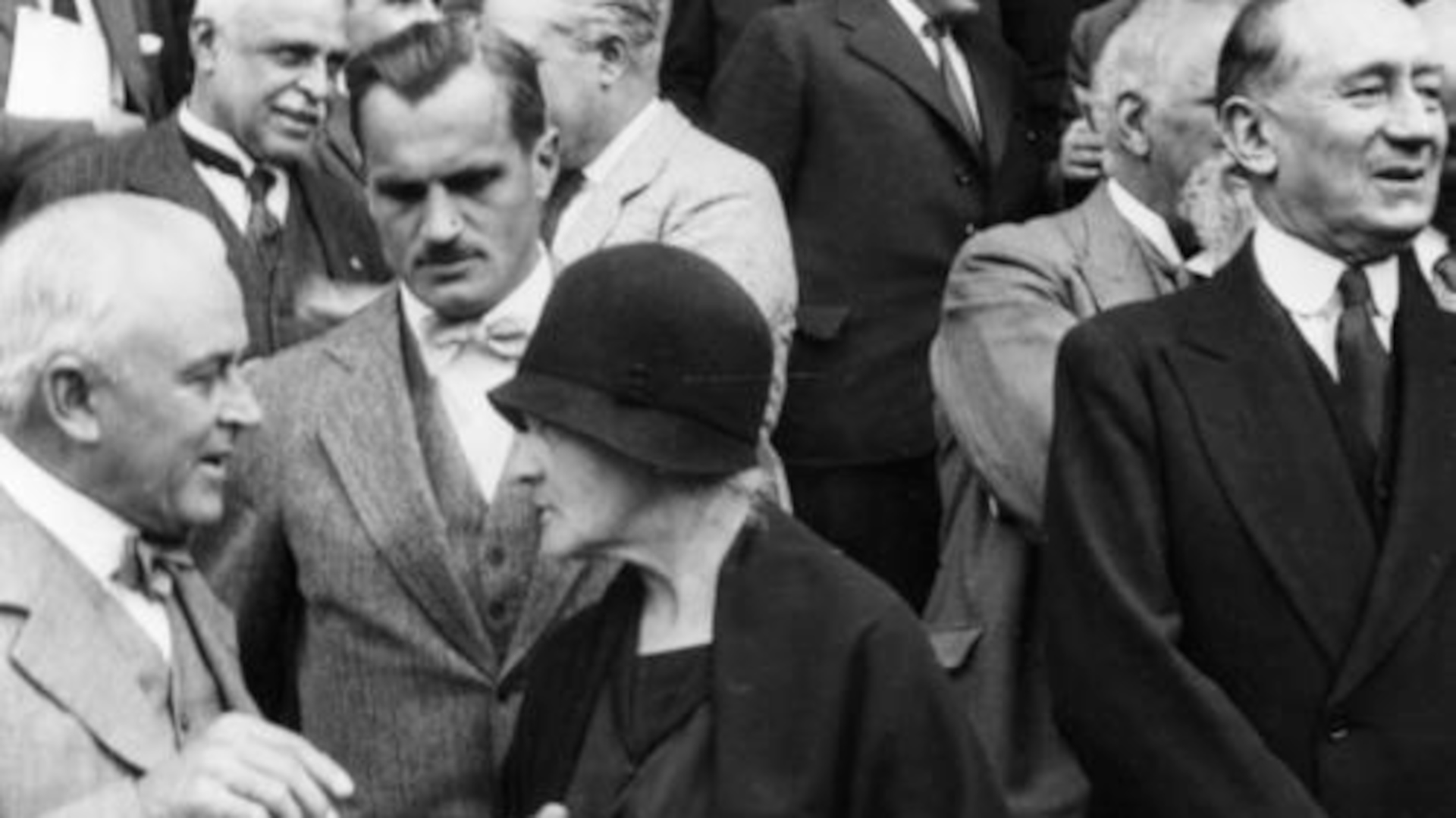Will Biden drag the Americans into a war in Lebanon?

It was September 1983 and a young senator named Joe Biden had a message for President Ronald Reagan. “I would not support an authorization for troops in Lebanon for any duration unless the objectives are much more clearly defined and there is a reasonable prospect of achieving those objectives,” Biden said in a comment on a proposed congressional resolution on war powers.
US Marines had been sent to Lebanon as part of a peacekeeping mission to destroy Palestinian militias after the Israeli invasion, and Congress was debating whether to continue the mission. A month after Biden’s warning, a truck bomb killed 241 American and 58 French peacekeepers remained in their barracks, and Reagan withdrew the Americans.
Today, Biden is considering sending U.S. troops back into battle – not as bystanders, but as direct combatants – and with far less authorization from Congress.
Since the attacks by Hamas on Israel on October 7 and the subsequent war in Gaza, a parallel border conflict has been raging in the north. The Lebanese militia Hezbollah and the Israeli army are shelling each other’s territory and forcing around 100,000 people At every side the border from their homes. The Iranian-backed Hezbollah has declared that it will continue until an Israeli-Palestinian Ceasefire reached in Gaza. Israeli officials are considering a “flash war“Offensive to neutralize Hezbollah.
Last year, Biden advised Israel against invading Lebanon. He also sent U.S. envoy Amos Hochstein, an Israeli army veteran who previously negotiated an Israeli-Lebanese border agreement, to mediate between the two sides. But while he advises against an Israeli invasion, Biden also promises to support one if it comes to pass.
CNN reported on Friday that the Biden administration “Assurances” of US military support for Israel if a major war breaks out, “although the US would not deploy American ground troops in such a scenario.” Then, on Monday, Politico reported that Biden Was considers “more direct military support” if Israel falls under “severe coercion.”
And that is quite likely. A US official told CNN reported last week that Israel’s Iron Dome air defense system will be “overwhelmed” in the event of a full-scale missile war, according to US estimates. A week ago, Hezbollah has published a video one of its drones hovering over the Israeli port city of Haifa.
The Politico The report “is my understanding of how Biden specifically wants to respond,” says Sam Heller, an American living in Lebanon and a fellow at Century International, a nonprofit research institute based in New York.
“Israel’s behavior since October has clearly demonstrated that to sustain this (war) it needs a significant and sustained commitment from its American partner, in many ways,” Heller adds. “It seems that a US intervention in this direction will also cause real chaos and provoke retaliation against US forces throughout the region.”
Over the past six months, US forces have already come under attack from Iraqi and Yemeni militias, and pro-Iranian forces from across the region are publicly and privately offering to send troops to defend Lebanon.
Biden’s support for Israel has steadily increased. At the beginning of the war, the Biden administration hastily sent American weapons to Israel. In November, the US military began transferring Target reconnaissance with the Israeli army. In April, after Israel bombed an Iranian consulate in Syria, shot down most of the Drones and missiles which Iran launched in retaliation.
Finally in May stopped a delivery of 2,000-pound bombs to Israel on the grounds that these types of weapons had injured too many civilians. “Israel does not need them for Gaza, but it would need them if the conflict in Lebanon escalates further,” CBS News reported this, citing a US official.
Ironically, the Israeli-Lebanese conflict is being fought over weapons financed by American taxpayers. For years, the United States has been trying to finance and train Lebanese government troops to reduce the influence of Hezbollah. At the recent talks, Hochstein said suggested that Hezbollah could withdraw from the border and US-funded Lebanese troops could take their place.
But the Israeli forces met According to CNN, Lebanese government forces attacked at least 34 times between October and December. (The Israeli army denied that these were deliberate attacks.) The White House National Security Council told CNN that it “does not want to see this conflict expand into Lebanon and continues to call on the Israelis to do everything in their power to avoid attacks against civilians, civilian infrastructure, civilian farmland, the United Nations and the Lebanese Armed Forces.”
Although Congress approved aid to Israel and Lebanon, it did not intend to finance a war. between the two countries. The deployment of US forces itself was never discussed. The National Security Council and the State Department did not immediately respond to requests for comment.
Direct U.S. involvement would raise “significant questions” about the president’s war powers, said Brian Finucane, a former U.S. State Department lawyer and adviser to the International Crisis Group, a nonprofit research organization. “The White House would invoke Article II of the Constitution to authorize, for example, the provision of air defense to Israel, and could try to circumvent the war powers resolution, as it did in April,” he added.
A younger Biden had a lot to say about this idea.
“I hope that we have learned from our encounters in Southeast Asia that a foreign policy without the consent of the governed is unlikely to last very long,” he noted during the debate on the 1983 resolution. “That is why it is best to get as many people on board as possible from the beginning.”



